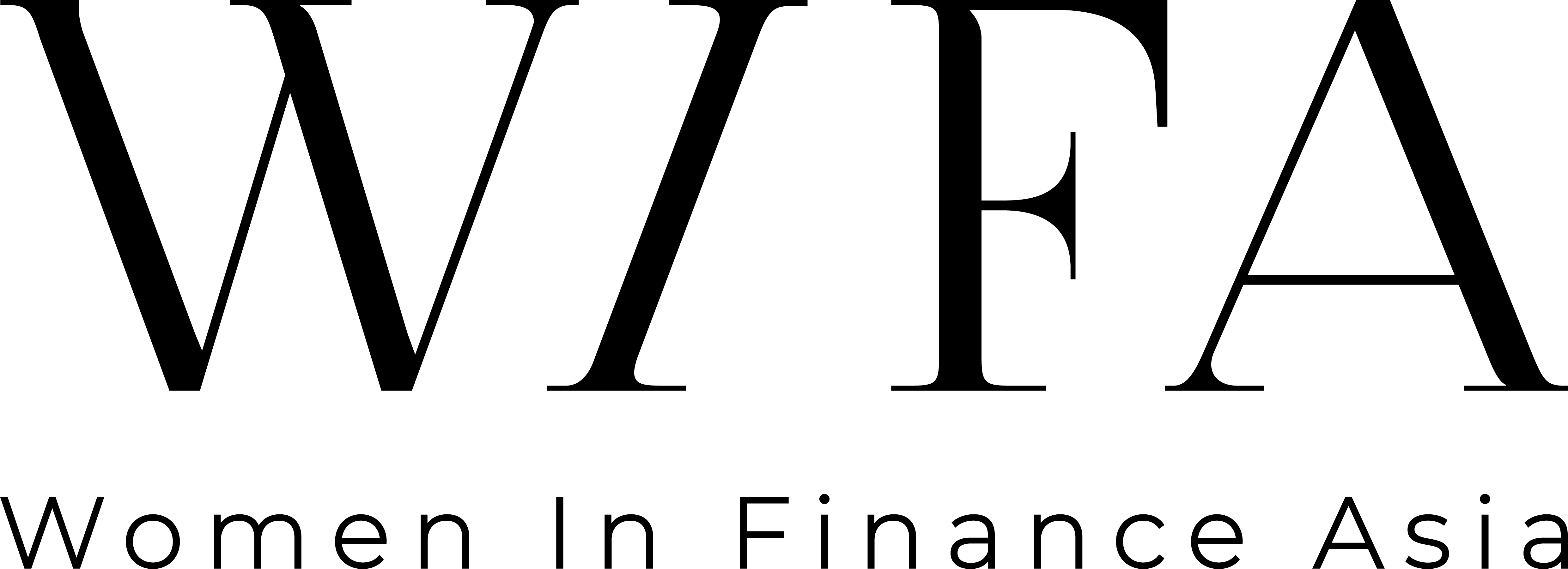Kristie Wong works at BlackRock as Vice President of Digital Marketing, Asia Pacific. In her 2021 Spotlight Series, she discusses what drew her to a career in finance, the roles of mentors in her career and more.
1. Tell us a little bit about yourself
I’m a seasoned marketing professional with demonstrated work in digital marketing, product management and customer relationship management. I currently work at BlackRock as part of the APAC Digital Marketing team, where I manage the digital ecosystem and orchestrate digital campaigns across the region. Prior to BlackRock, I worked at Estée Lauder and L’Oréal, having held roles spanning product & retail marketing and digital & brand communications. I was born and raised in Hong Kong and have lived in Los Angeles for 4+ years working as a film marketer in Hollywood.
2. What drew you to a career in finance? What has motivated you to stay?
I came from a completely different world having worked in luxury retail. The opportunity to work in finance came by at the right time, as I was looking to expand my capabilities in the digital space. While the beauty industry was glamorous and innovative, it was already mature and well-developed. The notion of being part of the shifting landscape of the financial services industry towards a digital revolution was what drew me to it. A career in finance is dynamic and challenging. The way we market to clients has changed from primarily in-person events and printed collaterals approach to a more data-driven, connected experiences to serve clients the right content, at the right time and in the right platform. It is exhilarating to be breaking grounds for an industry that’s so high touch. Every day involves new changes and challenges, it helps me refine my strengths, grow my interpersonal skills, increase my learning agility and keeps me constantly stimulated.
3. Mentors play an important role in the developments of many careers. Did you have a mentor? If so, what did you look for in that person?
Mentorship has been a significant part of my career, not only because of the skills and knowledge one can learn from mentors, but it also provides a support system, guidance and growth-drivers to facilitate success in my career and beyond. I have had quite a few mentors over the years, both within the firms I worked for and outside.
Within the organizations I worked/work for, I have been lucky enough to be able to identify mentors who are senior leaders and have achieved remarkable success in the company. Listening to their sharing and experiences has helped me navigate the waters within the organization, from problem-solving issues together to uncovering opportunities, to being a career champion for me… It has been a truly rewarding experience and has encouraged me to do the same and pay it forward for others.
In addition, having mentors outside of work is crucial to keep myself grounded in my professional journey. Having been a mentee for the WiFA Mentor/Mentee Program 2020 cohort, I was matched with a wonderful mentor, who is a marketing veteran in the financial services industry, and I enjoyed exchanging ideas with someone who has offered me a new perspective and inspiration. Having mentors outside of work can also give you unbiased guidance in career progression and a better understanding of the industry – particularly an industry that is new to me.
4. Think back to when you were starting out your career. What advice would you give your younger self?
Have confidence in yourself and never undervalue yourself. Every opportunity that you’ve gotten, you’ve worked for them in some way or another – and you deserve them. No matter if it’s a promotion, a job offer, a career sponsor, it’s your achievement through not just working hard on your job, but being able to manage people, growing a strong network, advocating yourself to the right audience and seizing opportunities when you see them. Imposter syndrome might make you doubt your capabilities, but remember you are there for a reason. Own your spot in the room!
On that note, having a seat at the table doesn’t mean you have to say yes to everything that’s thrown your way. You can say no. If you don’t have the capacity to take on new things, you can say no. If you don’t agree with a manager’s point of view, you can say no (respectfully). Being empowered to push back on unreasonable demands or sub-par ideas will help you focus on your job priorities and help the team be better. Two-way, transparent communication between your managers and yourself is crucial for your career growth and more importantly, your mental well-being.

